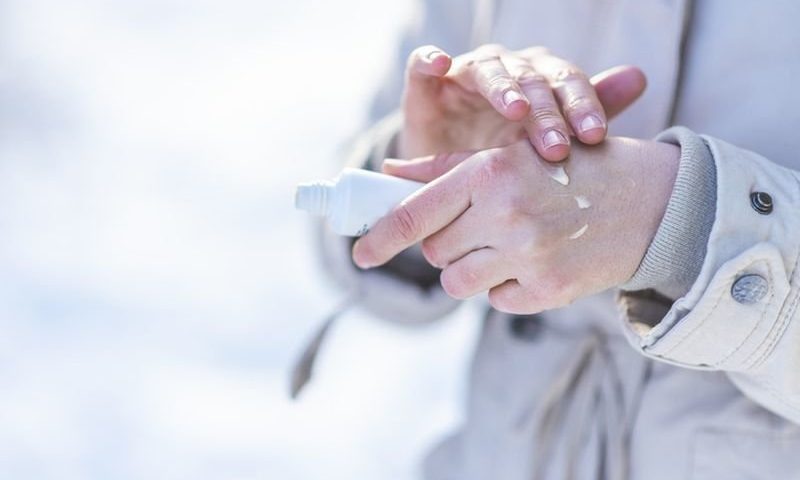Forte Biosciences has decided that an atopic dermatitis treatment called FB-401 just isn’t its cup of tea after a phase 2 clinical trial failed to improve severity of the condition.
The topical therapeutic contains three strains of gram-negative bacteria that are believed to have an impact on inflammatory skin diseases such as atopic dermatitis. Forte previously conducted a phase 1/2a study in children and adults that showed the therapy significantly reduced the condition and itchiness while eliminating the use of steroid treatment.
But the phase 2 trial has not been as successful, the company said in a statement issued after markets closed Thursday. The revelation sent the biotech’s shares into freefall in after market trading, dropping 85% to just over $4 after closing at $28.59.
Forte was hoping to see at least a 50% improvement in the severity of atopic dermatitis, but the results did not meet that primary goal. The small biotech did report some positive trends on secondary endpoints such as change in disease severity seen at Week 16.
CEO Paul Wagner, Ph.D., called the data disappointing and said the company will no longer advance FB-401. The therapy is the only asset listed on Forte’s pipeline, and the company’s focus has been on moving it toward FDA approval and into marketing.
“We expect to provide investors with an update on the future plans for the company over the next several months,” Wagner said. Forte has also canceled a conference call scheduled for Sept. 7.
Forte had $50.8 million in cash and cash equivalents in the bank as of late June, the statement said.
Chardan research analysts were unsure exactly what went wrong or why the placebo outperformed FB-401 in the trial, according to a Thursday evening note.
“Nothing for us to be proud of here as we were optimistic of a positive result in the phase 2b based on the phase 1/2b results,” the note said.
What’s certain is that the company’s executives have some difficult decisions ahead. Chardan predicts that management will “quickly take the necessary steps to reduce cash burn.”
“We believe that options going forward include utilizing the remaining cash to acquire a new early stage asset to develop, or becoming a shell that another private company can reverse into,” the firm said.
The biotech went public in February 2020 through an all-stock deal to buy Tocagen, which had axed 65% of staff following the failure of a late-stage brain cancer gene therapy. Wagner took the helm of the combined companies, which would go all-in on the atopic dermatitis asset.

